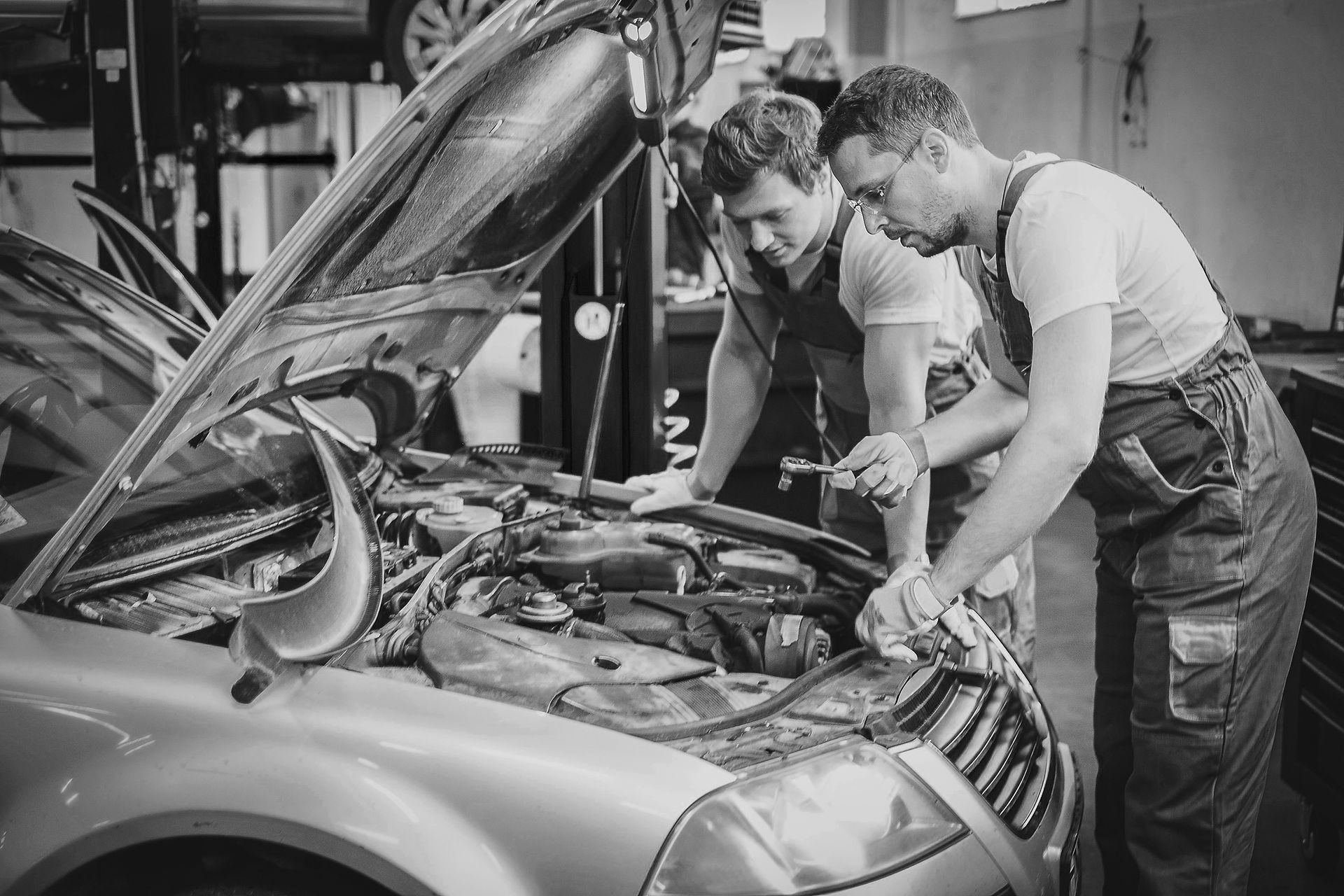Understanding Diesel Injector Failures: Causes and Solutions
- Brenda Cass
- Sep 18, 2023
- 3 min read
Diesel engines have long been known for their durability and efficiency, making them a popular choice in various industries, from transportation to heavy machinery. Central to their performance are diesel injectors, which play a crucial role in the combustion process. However, like any mechanical component, diesel injectors can fail over time. In this blog post, we will delve into the reasons behind diesel injector failures and explore potential solutions.
1. Contaminated Fuel
One of the most common reasons for diesel injector failure is contaminated fuel. Impurities such as dirt, water, and even microscopic debris can find their way into the fuel system, leading to clogs and reduced injector performance. Over time, this can cause wear and tear, ultimately resulting in injector failure. Regularly using a high-quality fuel filter and purchasing fuel from reputable sources can significantly reduce the risk of contamination-related issues.
2. Carbon Build-Up
Carbon build-up is another critical factor contributing to diesel injector failure. This occurs when carbon deposits accumulate on the injector's nozzle or tip. These deposits hinder the proper atomization of fuel, leading to incomplete combustion and a host of related issues, including reduced power, increased emissions, and poor fuel economy. Regular maintenance practices, such as using high-quality additives and performing periodic injector cleaning, can help mitigate carbon build-up.

3. Wear and Tear
Diesel injectors are intricate mechanical components with numerous moving parts. Over time, the constant pressure and heat they endure can lead to wear and tear. O-rings, seals, and springs can deteriorate, affecting the injector's ability to deliver fuel accurately. Routine inspection and replacement of worn components are essential to prevent failure due to wear and tear.
4. Incorrect Injector Sizing
Using the wrong size or type of injector for a specific engine can lead to serious problems. Injectors that are too large can cause over-fueling, potentially damaging the engine and other components. Conversely, injectors that are too small may not provide sufficient fuel, leading to poor performance and excessive exhaust temperatures. It's crucial to consult with a knowledgeable technician or engineer to ensure the correct injectors are chosen for a particular application.
5. Poor Fuel Quality
Low-quality or improperly refined diesel fuel can contain impurities and contaminants that are detrimental to injector health. These impurities can cause premature wear and clogs, ultimately leading to injector failure. Investing in high-grade, reputable diesel fuel is a simple yet effective way to safeguard the longevity of injectors.
6. Overheating
Excessive heat is a significant enemy of diesel injectors. Prolonged exposure to high temperatures, whether due to engine overheating or inadequate cooling systems, can cause the injector's components to warp, crack, or fail altogether. Regular maintenance of the engine's cooling system, including radiator and coolant checks, is crucial in preventing injector failure due to overheating.
7. Fuel Injector Timing
Proper fuel injector timing is crucial for optimal engine performance. If injectors are not synchronized correctly, it can lead to misfires, reduced power, and even engine damage. Advanced diagnostic tools and expert knowledge are required to accurately set the fuel injector timing. Regular check-ups by experienced technicians can help identify and rectify any timing-related issues.
Conclusion
Diesel injectors are the heart of any diesel engine, and their proper functioning is essential for optimal performance. Understanding the factors that lead to injector failure allows for proactive maintenance and care, ultimately prolonging the life of these critical components.
By addressing issues such as contaminated fuel, carbon build-up, wear and tear, incorrect sizing, poor fuel quality, overheating, and timing problems, diesel owners and operators can ensure their engines continue to run efficiently and reliably for years to come.





















Comments